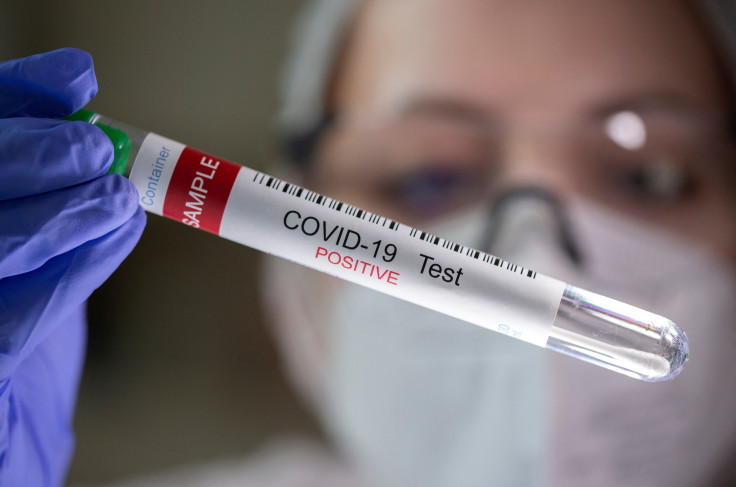Study shows that antidepressants may reduce likelihood of testing positive for COVID-19
A new study from King's College London has found that patients who are prescribed antidepressants are significantly less likely to test for COVID-19.

Mental health patients admitted to inpatient care who are prescribed antidepressants are significantly less likely to test positive for COVID-19, as found by new research conducted by the Institute of Psychiatry, Psychology & Neuroscience (IoPPN) at King's College London and published in BMC Medicine, a peer-reviewed medical journal.
The research suggests that these antidepressants, particularly commonly prescribed selective serotonin reuptake inhibitors (SSRIs), could have a preventative role against COVID-19 infection, whilst providing a complementary approach to mass vaccinations. According to the Lancet Regional Health website, the results of several trials have suggested that fluvoxamine, also an SSRI, could reduce the risk of severity among patients who test positive for COVID-19.
By using the Clinical Record Interactive Search (CRIS), a platform for investigating patient records without assessing their personal data, the researchers analysed clinical records of over 5,600 patients that had been admitted for mental health care at the South London and Maudsley NHS Foundation Trust during the first wave of the COVID-19 pandemic in early 2020. All of the patients were mandatorily tested for COVID-19 and throughout their time in care; out of these 5,600 patients, only 202 tested positive.
The researchers subsequently discovered that positive COVID-19 test results were roughly half as frequent in patients who, according to their medical records, recently had antidepressants prescribed to them when compared to the patients with no such record.
Statistical analysis also revealed that a recent prescription of antidepressants was associated with an estimated 40 per cent reduction in the likelihood of testing positive for COVID-19, with SSRIs identified as the only class of antidepressants showing this association.

Dr Oleg Glebov, Lecturer at the Department of Old Age Psychiatry of King's IoPPN and lead author of the study, comments on the nature of the study, saying: "Not withstanding the success of vaccination against COVID-19, it has been of limited benefit to some people, particularly immunocompromised individuals and residents of lower-income economies".
Dr Glebov continued: "Our previous work shows that antidepressants may target the cell biology processes of COVID-19 infection, and the results of this study hint at the potential clinical benefit of this effect. In the longer term, cheap, well-characterised and readily available drugs such as antidepressants may help in curbing the spread of COVID-19."
Despite their extensive and analytical research, the team were ultimately unable to guarantee that all the patients with a mention of antidepressants on their medical records were actually taking the medication at the time. Nevertheless, the researchers remain firm in their belief that the identified association is strong enough to warrant further investigation with the wider population.
Professor of Psychiatric Epidemiology & Clinical Informatics at King's IoPPN, Professor Robert Stewart, comments: "For over 15 years, the CRIS platform has been supporting novel and innovative research, allowing health services to learn from patients' anonymized records. The findings illustrate the huge potential value of this information, as this is the sort of question that could not have been feasibly investigated in any other way."
Dag Aarsland, Professor of Old Age Psychiatry at King's College London, also said: "This study provides further arguments that antidepressants have interesting effects beyond depression and anxiety. While the effects on COVID-19 are intriguing, we also plan to explore effects on other indications including brain diseases such as Alzheimer's disease."
© Copyright IBTimes 2025. All rights reserved.






















